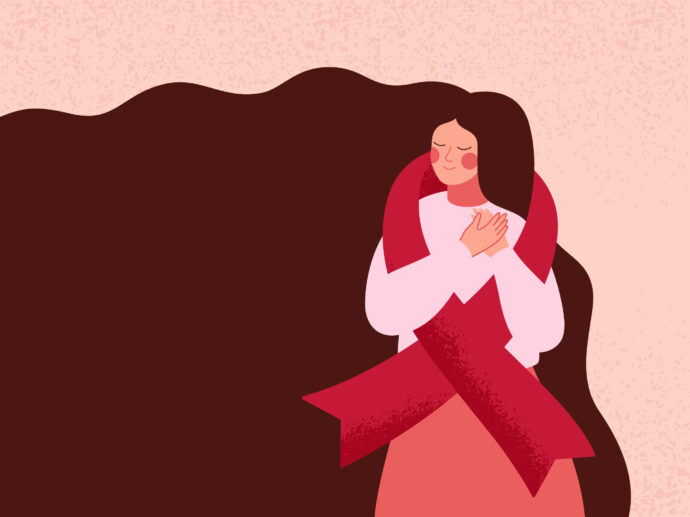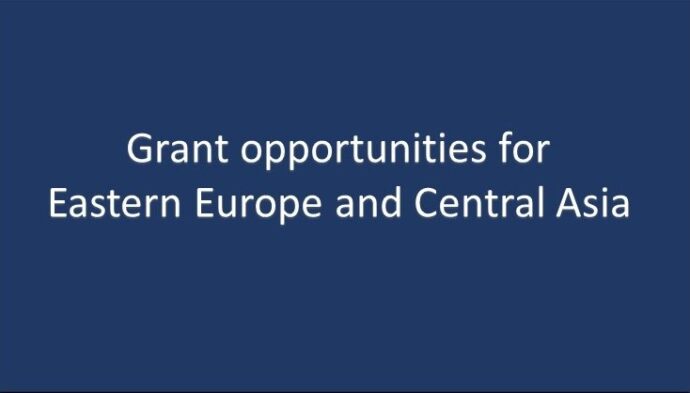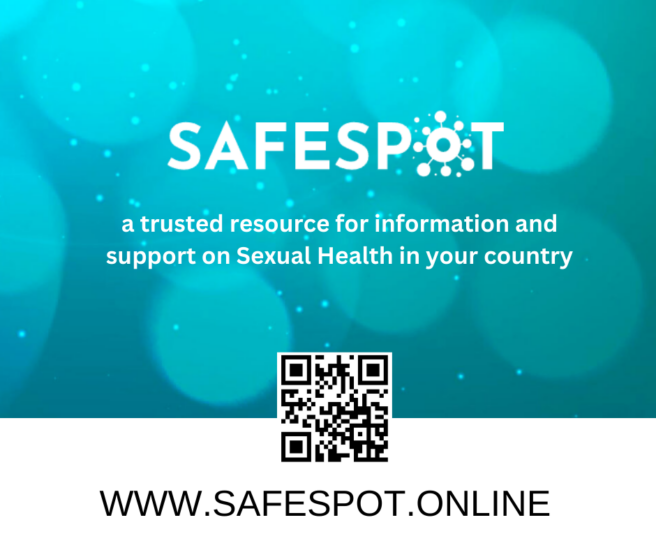Author: Grana Ziia, AFEW-Kyrgyzstan
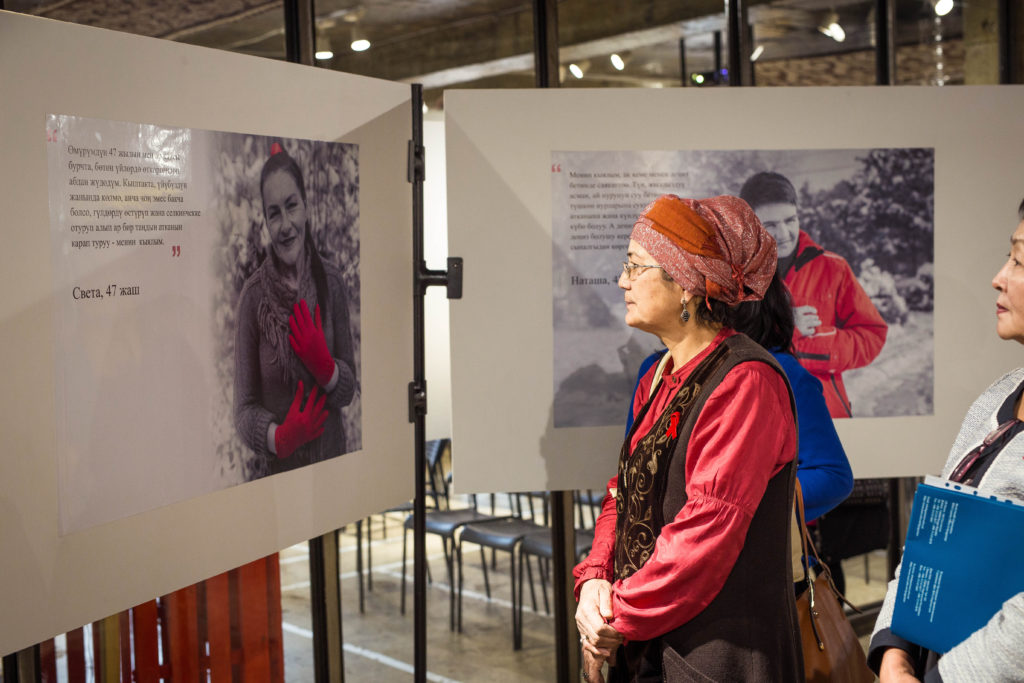
A photo exhibition “Dreams of the Invisible Women” was held in Bishkek, Kyrgyzstan from November 25 to December 10, 2018. The exhibition, which was held in the centre of Bishkek and in the venues popular among young people, allowed women suffering from violence, discrimination, living with HIV or using drugs as well as LBT women to send a message to the society: “We are here! We also love and are loved, we deserve to be happy and have equal rights.”
The photo exhibition was initiated by Asteria Foundation with the UNAIDS support. The photo models were participants of Bridging the Gaps: Health and Rights for Key Populations project. The exhibition was held within the 16 Days of Activism Against Gender-Based Violence Campaign, and its opening was dedicated to the World AIDS Day.
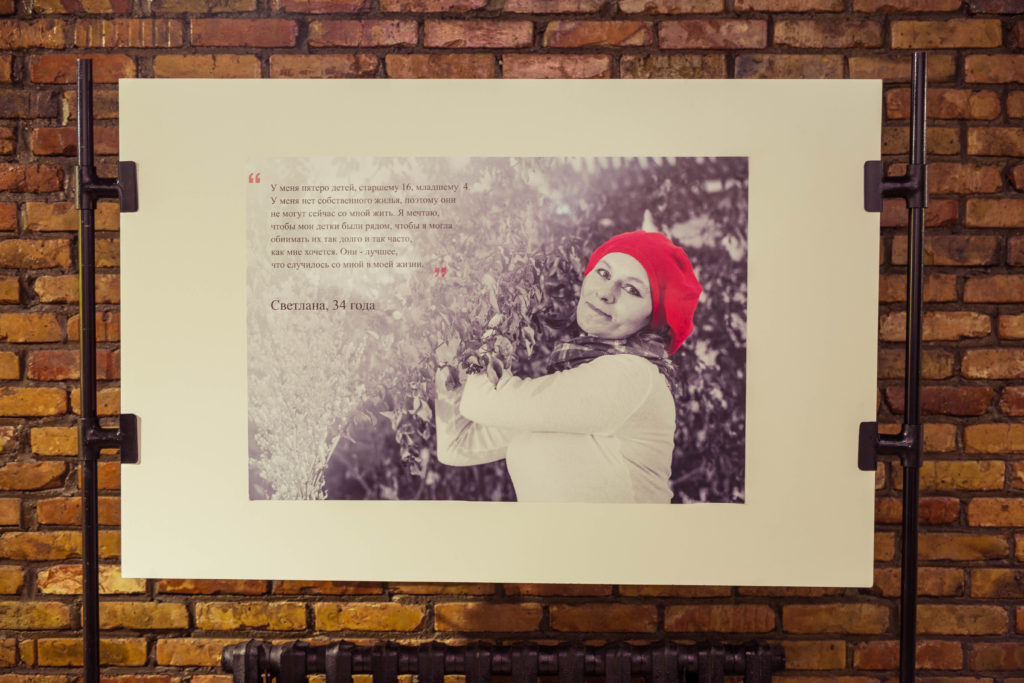
“Invisible women” face violence, they become hostage to an endless cycle of abuse, guilt and discrimination. People judge them and tell them: “That’s all your fault!” Often, drugs are the only way for them to run away from their pain, shame and despair. Due to the social stigma, women from the key populations almost never seek help, they are afraid that people will not understand them and will reject them. That is why their problems are invisible for the state and for the society,” says Irena Ermolayeva, Director of the Asteria Charitable Foundation.
Asteria’s statistics confirm this situation. According to the data available, all women from vulnerable populations who have families or intimate partners are exposed to different forms of violence. However, 80% of such women do not seek any help as they are afraid to face stigma and discrimination again.
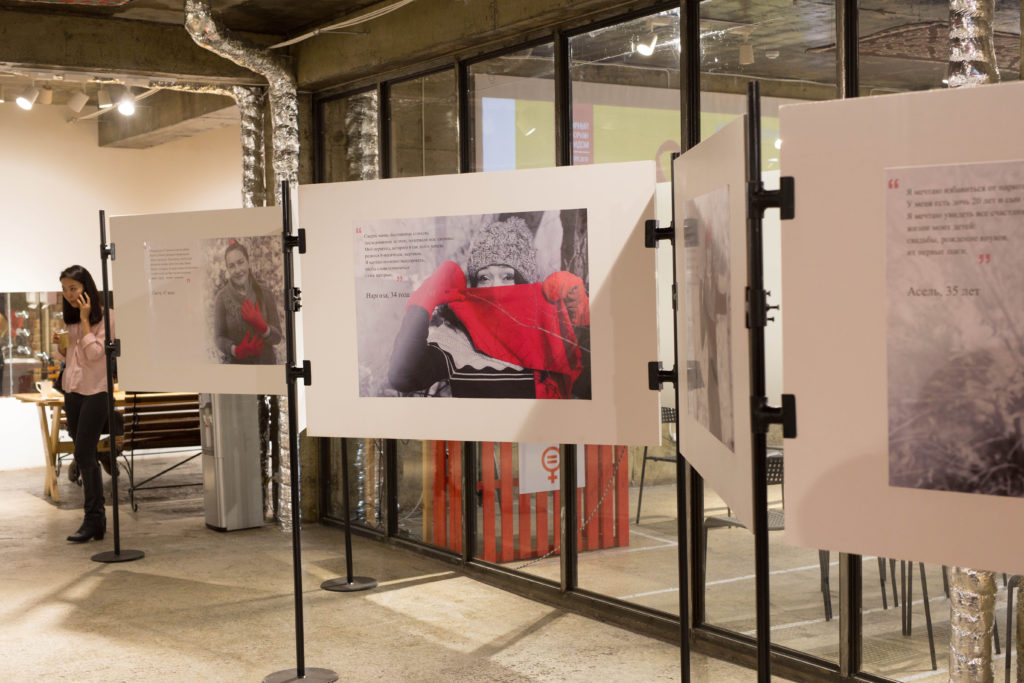
“This campaign is very important for us. It opens new opportunities for women who use drugs, lesbians, trans women, women living with HIV and women who suffer from violence and show the issue from a different perspective. The main goal of the exhibition is not to “draw” a victim and not to label women, but to focus on the fact that first of all they are human beings and, thus, should have equal rights. I hope that this campaign will change the attitude of our society to thousands of women who are the same as the heroines of our exhibition,” says Irena Ermolayeva.
“Invisible women” are first and foremost someone’s mothers, who love and are loved, someone’s friends and relatives. They need the society to stop viewing them as a problem and to recognize their right to live free, happy and safe lives. They dream to be protected by law and by the state.


